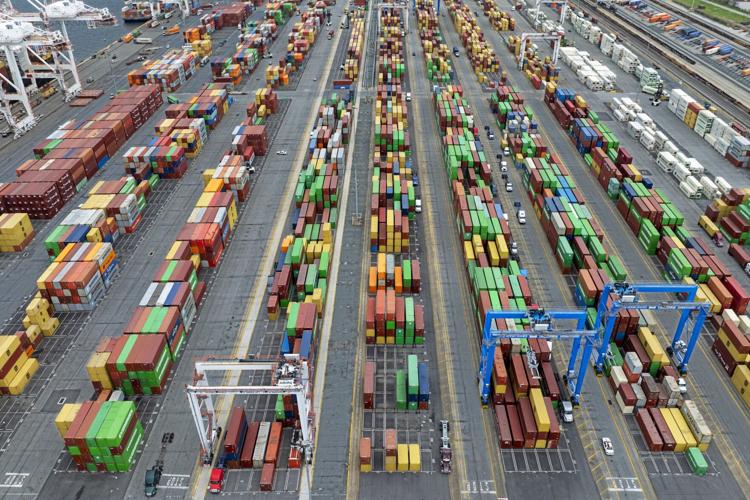China Weighs U.S. Trade Talks Amid Renewed Overtures, but Tariffs Remain Key Obstacle
In a cautiously worded statement, China announced this week that it is evaluating recent overtures from the United States to restart stalled trade talks—marking the first public acknowledgment of potential negotiations since the latest round of tariff escalations. However, Chinese officials emphasized that existing U.S. tariffs on Chinese goods continue to pose a significant barrier to progress.
The Chinese Ministry of Commerce stated that while it “welcomes dialogue based on mutual respect and equality,” any serious advancement in trade relations would require a “clear signal” from Washington that it is willing to address what Beijing views as punitive and unjustified tariffs. The statement comes amid growing pressure on both nations to de-escalate economic tensions that have rattled global markets and disrupted supply chains since the U.S.-China trade conflict reignited in late 2024.
“We are reviewing the U.S. proposals and are open to constructive engagement,” a spokesperson for the ministry said on Thursday. “However, the presence of broad and aggressive tariffs continues to undermine trust and limit room for compromise.”
The Biden administration, which has sought to re-engage China diplomatically while maintaining a firm stance on issues like intellectual property and market access, recently extended an invitation for high-level trade talks in Geneva. According to U.S. officials, the proposal includes discussions on tariff relief, technology standards, and restoring communication channels between trade negotiators.
While China has not outright rejected the offer, its insistence on tariff reductions as a precondition complicates the path forward. Since the Trump-era tariffs were largely maintained—and in some areas expanded—under Biden, Beijing sees their removal as a necessary step to reset the bilateral economic relationship.
Global investors and multinational corporations are watching closely, as prolonged uncertainty between the world’s two largest economies continues to weigh heavily on global growth forecasts. The World Trade Organization (WTO) and other international observers have urged both nations to prioritize de-escalation and cooperation over prolonged confrontation.
Trade experts suggest that even partial tariff rollbacks could create momentum for broader agreements on market access, digital trade, and climate cooperation. However, skepticism remains high. “Both sides are wary of appearing weak, especially ahead of political cycles in the U.S. and amid China’s domestic economic slowdown,” said Dr. Emily Tan, a trade policy analyst at the Asia Global Institute.
Despite the diplomatic impasse, some progress has occurred in lower-level technical discussions, particularly around supply chain transparency and food safety standards. These smaller dialogues could lay the groundwork for more formal negotiations in the coming months—assuming both governments can align on a path toward tariff relief.
For now, China’s message is clear: it is open to talking, but not at any cost. As global economic risks rise—from inflation to geopolitical instability—the stakes for successful U.S.-China trade negotiations have never been higher.
Source : Swifteradio.com


